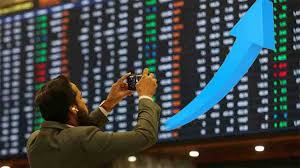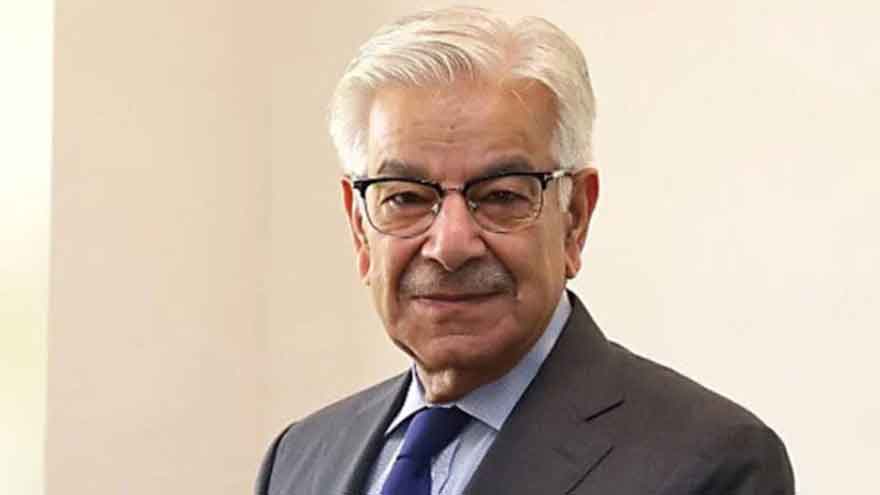KSE-100 Faces a Sharp Decline Amid SBP’s Rate Pause

On Tuesday, the Pakistan Stock Exchange (PSX) saw negative sentiment take hold, with the benchmark KSE-100 Index shedding over 700 points. By 10:25 AM, the index had fallen to 113,632.09, a decrease of 724.25 points or 0.63%. The market felt the impact of the State Bank of Pakistan’s (SBP) decision to keep the policy rate unchanged, which was unexpected by many investors.
The decision came after months of speculation that the SBP would continue its policy of rate cuts, driven by declining inflation. However, the central bank cited risks like food price volatility and global protectionism as reasons for maintaining the current rate, which led to a sell-off in key sectors. Automobile assemblers, cement, oil and gas exploration companies, and power generation firms saw significant losses, with stocks like ARL, HUBCO, PSO, and MARI trading in the red.
Impact of SBP’s Decision and IMF Talks on Agricultural Taxation
The SBP’s move caught many off guard, particularly after a series of cuts in recent months. Most market experts had anticipated another reduction in the policy rate to help support economic growth and ease financial pressures. This unexpected decision raised concerns about future economic stability, prompting investors to pull back from riskier assets.
Adding to the market’s unease, the International Monetary Fund (IMF) and Pakistani authorities engaged in discussions on agricultural income tax. The talks focused on the implementation of tax measures that could have significant implications for provincial governments and the broader economic landscape. The outcome of these discussions remains a key point of focus for investors in the coming days.
Global Market Weakness and Broader Economic Concerns
The negativity at PSX was also reflected in global markets. Asian stocks, mirroring Wall Street’s decline, fell sharply on Tuesday, driven by fears of a potential trade war and the risks it poses to U.S. economic growth. President Donald Trump’s recent comments about a “period of transition” without providing clarity on the effects of his tariffs added to the uncertainty.
Global investors grew increasingly wary of a potential recession, with the S&P 500 experiencing its largest single-day drop this year and the Nasdaq seeing its biggest decline since September 2022. In Asia, markets also faced pressure, with Japan’s Nikkei and Taiwan stocks plunging about 3%. These broader economic concerns further dampened market sentiment, contributing to the overall bearish mood.




